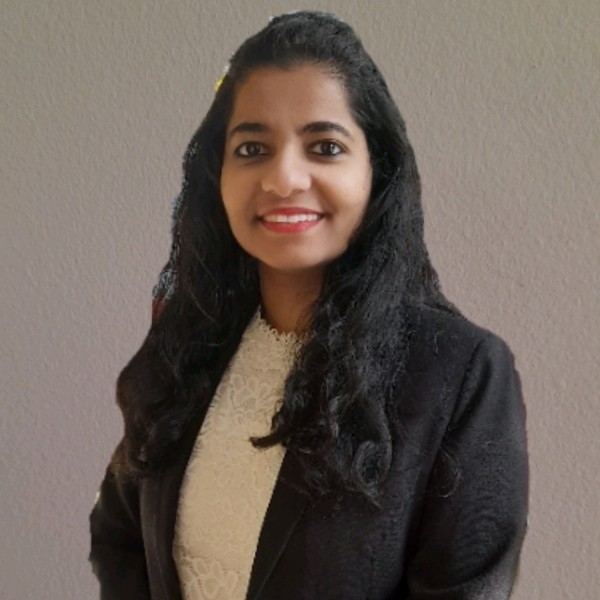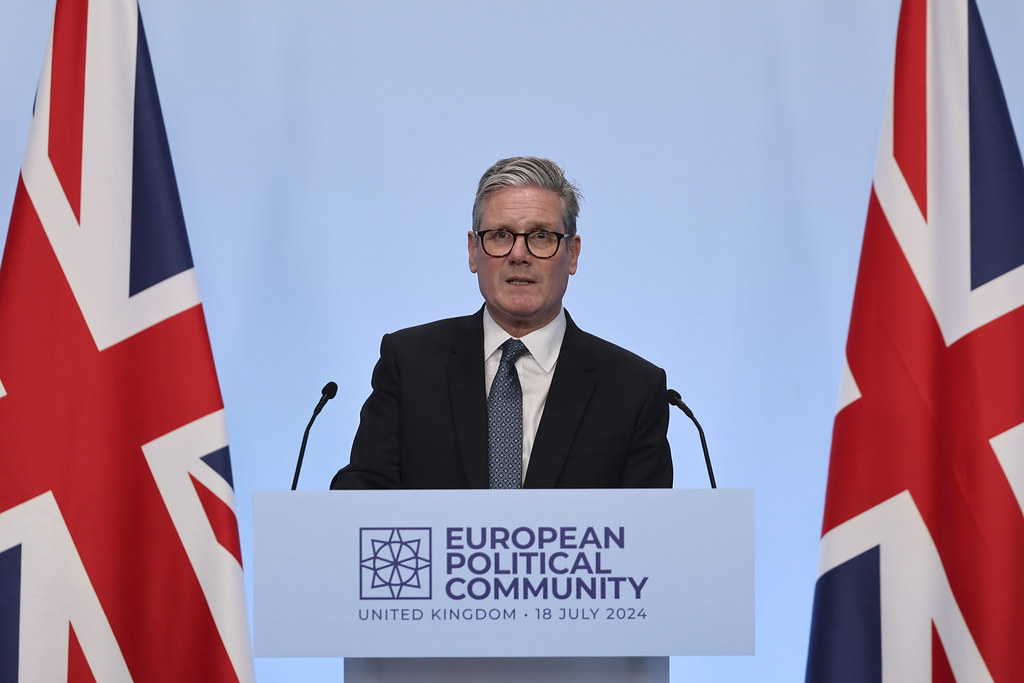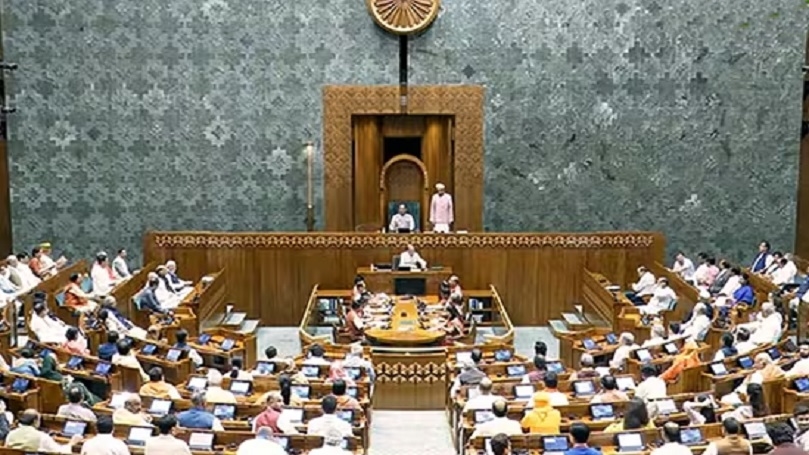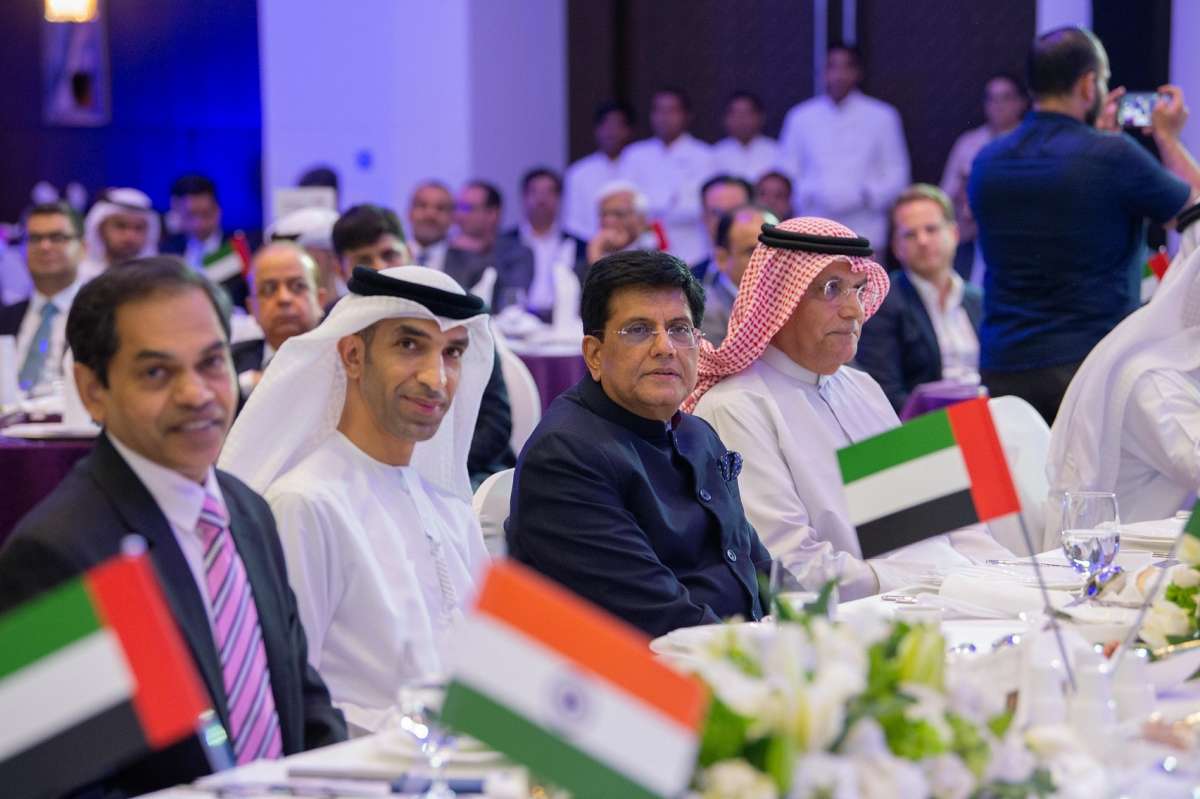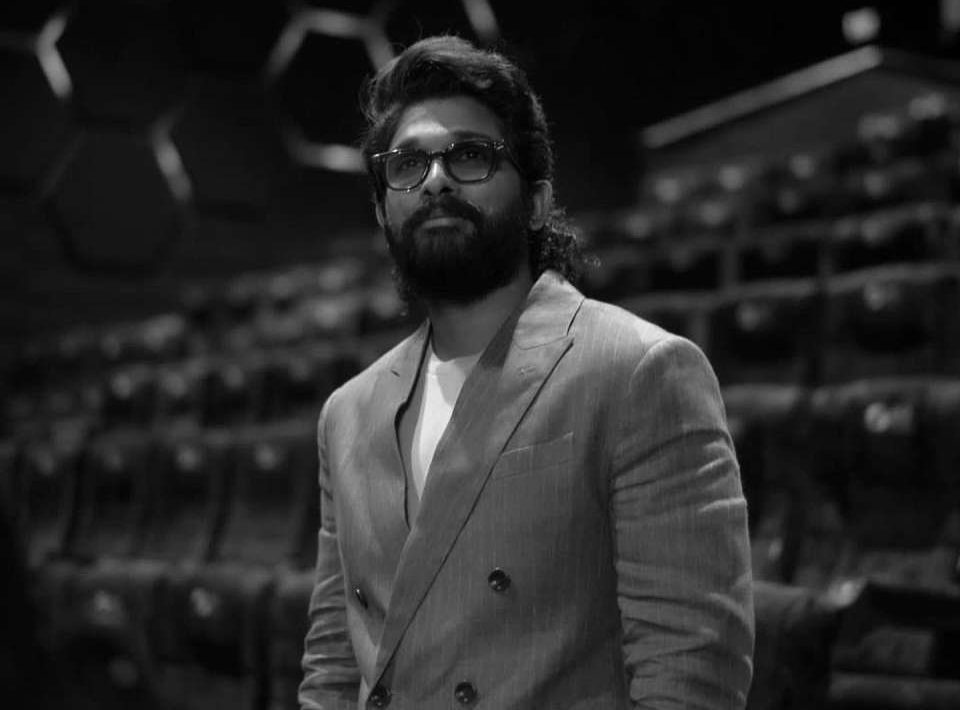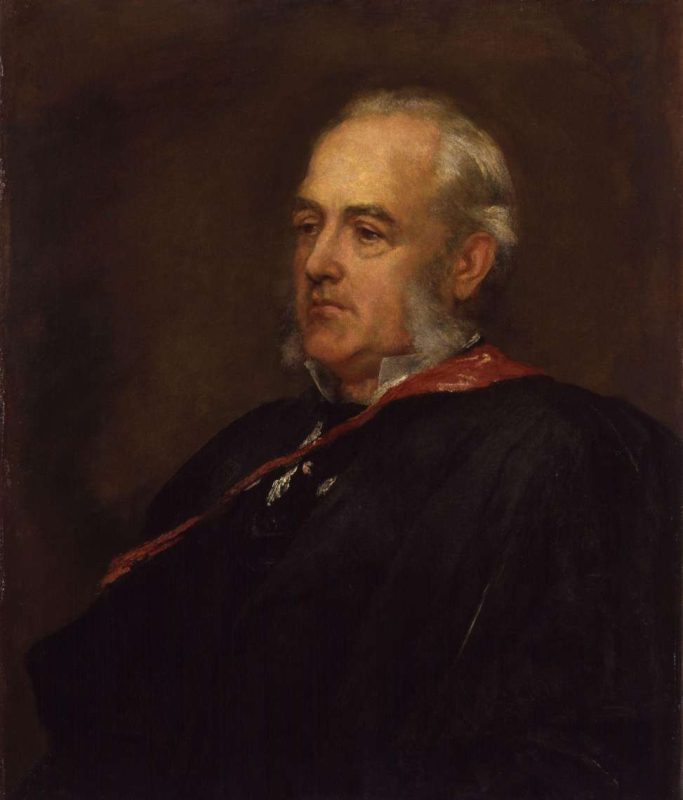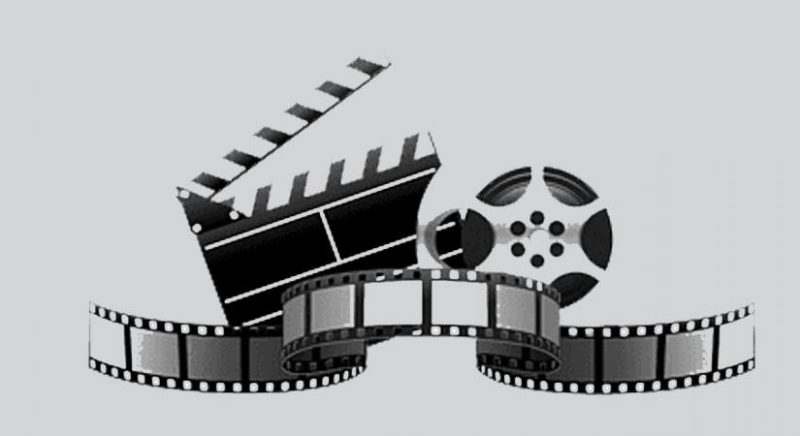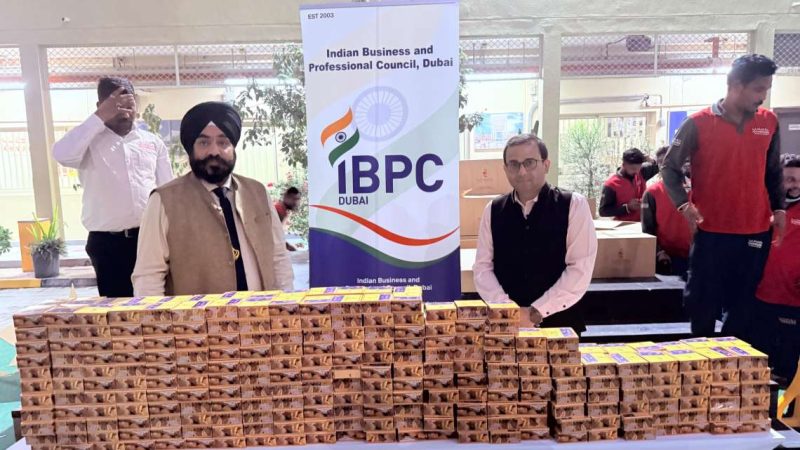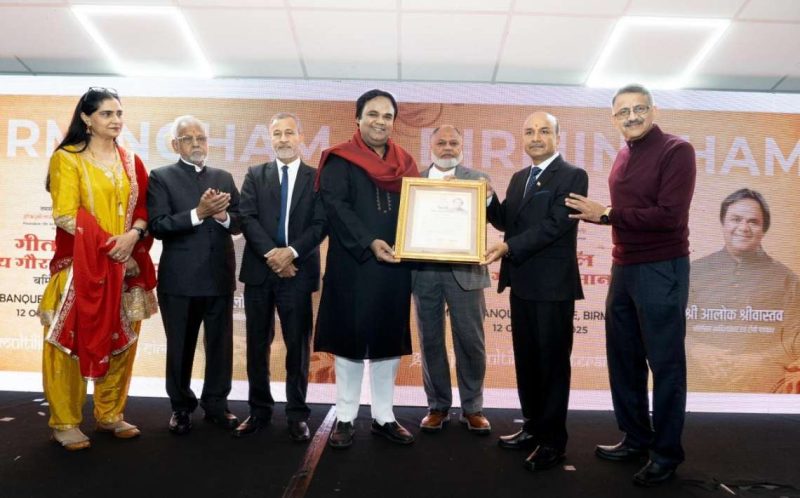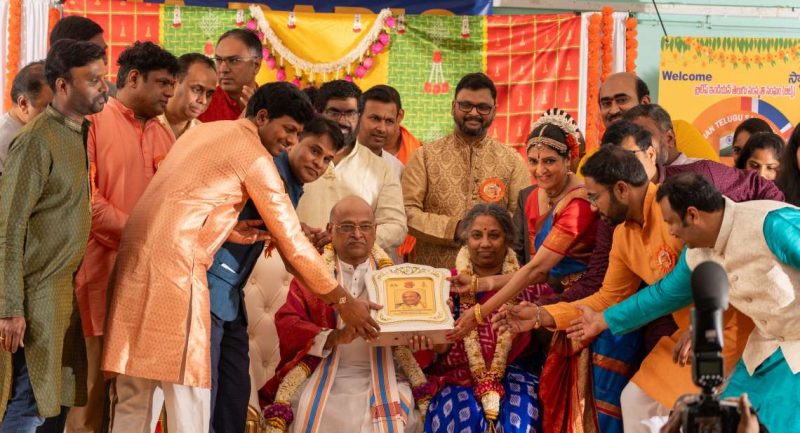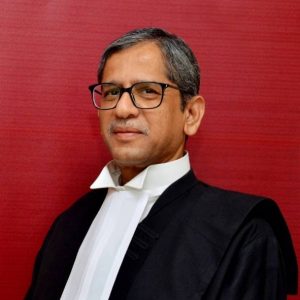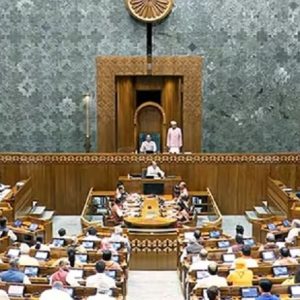Ms. Sunny’s journey to becoming a lawyer was remarkable, having overcome numerous obstacles. She attended mainstream schools, relying on lip reading and the support of friends…reports Asian Lite News
In September, a remarkable event took place in the hallowed halls of India’s Supreme Court. A 27-year-old named Ms. Sunny, who happens to be deaf, appeared before Chief Justice DY Chandrachud. What made this occasion truly exceptional was that the court had allowed a sign language interpreter to assist her with her arguments—a precedent-setting act of inclusivity.
The historic moment continued to unfold on October 6 when the court appointed its own interpreter for Ms. Sunny. This marked the first time in the court’s history that such a step was taken, with the intention of ensuring that she could fully comprehend and participate in the proceedings. Justice Chandrachud even suggested the possibility of having interpreters for constitution bench hearings to make legal proceedings accessible to all.
This groundbreaking development was met with widespread acclaim, with legal experts and observers highlighting its potential to make the Indian legal system more inclusive and accommodating to the needs of the deaf community. Senior lawyer Menaka Guruswamy called it a “truly historic and momentous” occasion, while Sanchita Ain, the lawyer who collaborates with Ms. Sunny, believed it would have far-reaching positive implications. She stated, “She has broken many stereotypes, this will encourage more deaf students to study law and make the legal system accessible to the deaf.”
Ms. Sunny, hailing from the southern city of Bengaluru, has been practicing law for two years. In lower courts, she was often denied the use of an interpreter, as judges doubted their ability to comprehend legal terminology. Consequently, she resorted to submitting her arguments in writing as per BBC reports.
Saurav Roychowdhury, the interpreter who initially assisted Ms. Sunny, lacked a legal background but possessed experience in translating for lawyers and legal students. However, the absence of sign language interpreters trained in legal terminology in India posed a challenge. Despite this, Ms. Sunny was resolute in her pursuit, determined to break barriers and inspire others in the deaf community to follow in her footsteps.
Ms. Sunny’s journey to becoming a lawyer was remarkable, having overcome numerous obstacles. She attended mainstream schools, relying on lip reading and the support of friends. Though she faced ridicule from some, her determination remained unshaken. She eventually pursued a law degree at St. Joseph’s College in Bengaluru, where her mother’s support was replaced by that of friends and her deaf twin sister, Maria Sunny, and brother, Pratik Kuruvilla, who have also achieved remarkable success in their respective fields.
The significance of Ms. Sunny’s achievement extends beyond her personal journey. It shines a light on the challenges faced by the deaf community in building careers in law due to stigma and a lack of interpreters in courts. Notably, the Delhi High Court set a precedent in April when it allowed another deaf lawyer, Saudamini Pethe, to appear in a case with an interpreter.
Recognizing the need for change, the high court initiated the appointment of its own interpreters in September, a move endorsed by the Association of Sign Language Interpreters India (ASLI). These actions aimed to make legal proceedings accessible to both lawyers and judges.
As per the 2011 Census, India is home to 18 million deaf or hard of hearing individuals. The spotlight on sign language accessibility is seen as a positive step towards securing their rights. Moreover, this development could generate employment opportunities for sign language interpreters, a profession in which skilled individuals are currently scarce.
Ranjini Ramanujam, who is deaf herself and works at an IT company, described the Supreme Court’s actions as “a blessing” and “a barrier remover.” She believes that this move sets an example for other offices to follow, echoing the sentiment that the Supreme Court’s decision has given a voice to the deaf and established a new standard for inclusivity.
ALSO READ-UN Secy General “strong advocate” for UNSC permanent seat for India


